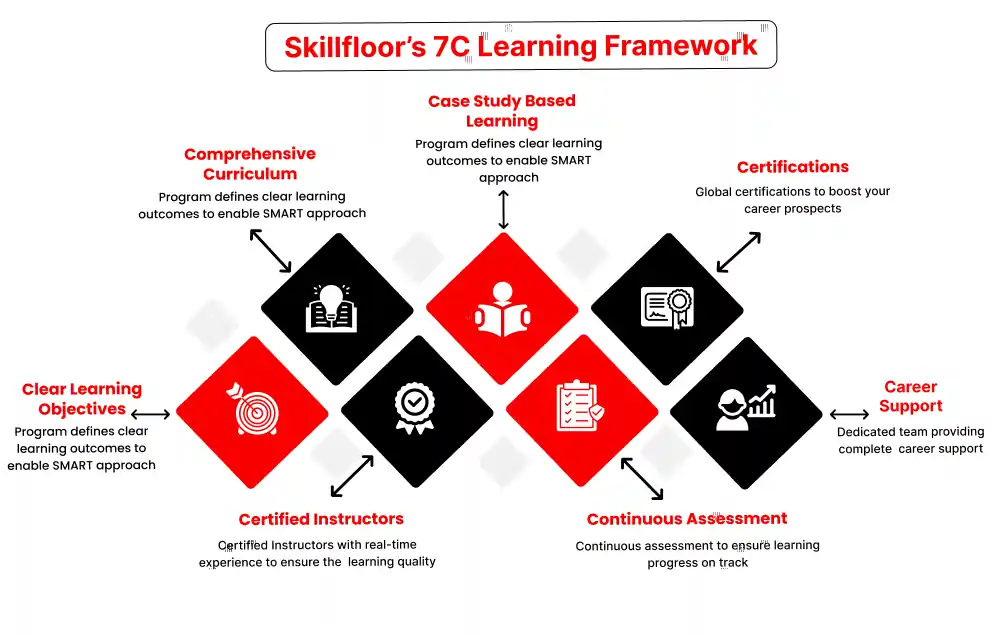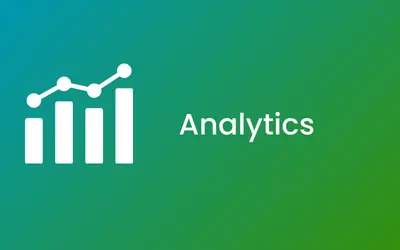-
Comprehensive Learning – The online digital marketing course covers everything from SEO and SEM to email marketing and analytics, ensuring you become a well-rounded marketer.
-
Learn from Industry Leaders – Gain insights from top professionals with years of practical experience in digital marketing.
-
Flexible Schedule – With online digital marketing courses, you can learn at your own pace, fitting your studies around your busy life.
-
Affordable Price – Access premium digital marketing education at a budget-friendly cost, making it accessible for everyone.
-
Real-World Projects – Apply what you learn through hands-on assignments and live case studies, gaining valuable practical experience.
-
Cutting-Edge Tools – Learn to use the latest digital marketing tools and platforms to stay ahead in the ever-evolving industry.
-
Certification to Boost Your Career – Receive a globally recognized certification upon completing the digital marketing course online, showcasing your expertise.
-
Global Job Opportunities – The skills gained through our online digital marketing courses open up job opportunities around the world.
-
Expert Mentorship – Get guidance from industry experts throughout the course, helping you understand complex concepts and real-life applications.
-
Career Support – Benefit from job assistance, interview coaching, and resume building, ensuring you land a role after completing the course.
Skills You Will Learn
1. SEO Optimization
You’ll gain expertise in on-page, off-page, and technical SEO to improve search rankings and visibility. Tools like Google Search Console, SEMrush, and Ahrefs help track keywords and backlinks, while AI platforms such as SurferSEO and Clearscope assist in automated keyword clustering and AI-driven content optimization.
2. Paid Advertising & PPC
The course covers planning and running paid campaigns on Google, Meta, and LinkedIn Ads. Industry tools like Google Ads Manager and Meta Business Suite are used for campaign management, while AI tools like Optmyzr and Albert AI automate bidding, audience targeting, and A/B testing for higher ROI.
3. Social Media Marketing
Learn to design, schedule, and optimize campaigns across major social platforms. Tools like Hootsuite and Sprout Social help manage accounts, while AI-powered tools such as Lately.ai and Predis.ai generate content ideas, predict engagement, and recommend posting times.
4. Content Marketing
You’ll learn to create blogs, visuals, and videos that drive engagement and conversions. Canva, WordPress, and Grammarly are widely used in the industry, while AI platforms like Jasper, Copy.ai, and Synthesia enhance content creation with automated copywriting and video production.
5. Email Marketing & Automation
Master email list building, audience segmentation, and automation workflows. Mailchimp, ActiveCampaign, and HubSpot are standard tools, while AI-driven platforms like Seventh Sense and Rasa.io personalize campaigns, optimize send times, and increase engagement rates.
6. Analytics & Reporting
The course trains you to measure KPIs and track campaign performance using GA4, Data Studio, and Tableau. With AI tools like PaveAI and Sisense, you can generate automated insights, detect anomalies, and use predictive analytics for smarter decision-making.
7. AI-Driven Marketing
Explore how AI is reshaping customer interaction through chatbots, predictive analytics, and smart segmentation. Platforms like Drift and HubSpot CRM support automation, while AI tools such as ChatGPT, Salesforce Einstein, and IBM Watson enable personalized messaging and advanced lead scoring.
8. Campaign Planning & ROI Tracking
Learn how to plan campaigns, manage budgets, and analyze returns across multiple channels. Google Ads and Facebook Ads Manager are core tools, while AI-based platforms like Pattern89 and Madgicx forecast performance, optimize creatives, and recommend budget shifts in real time.



































